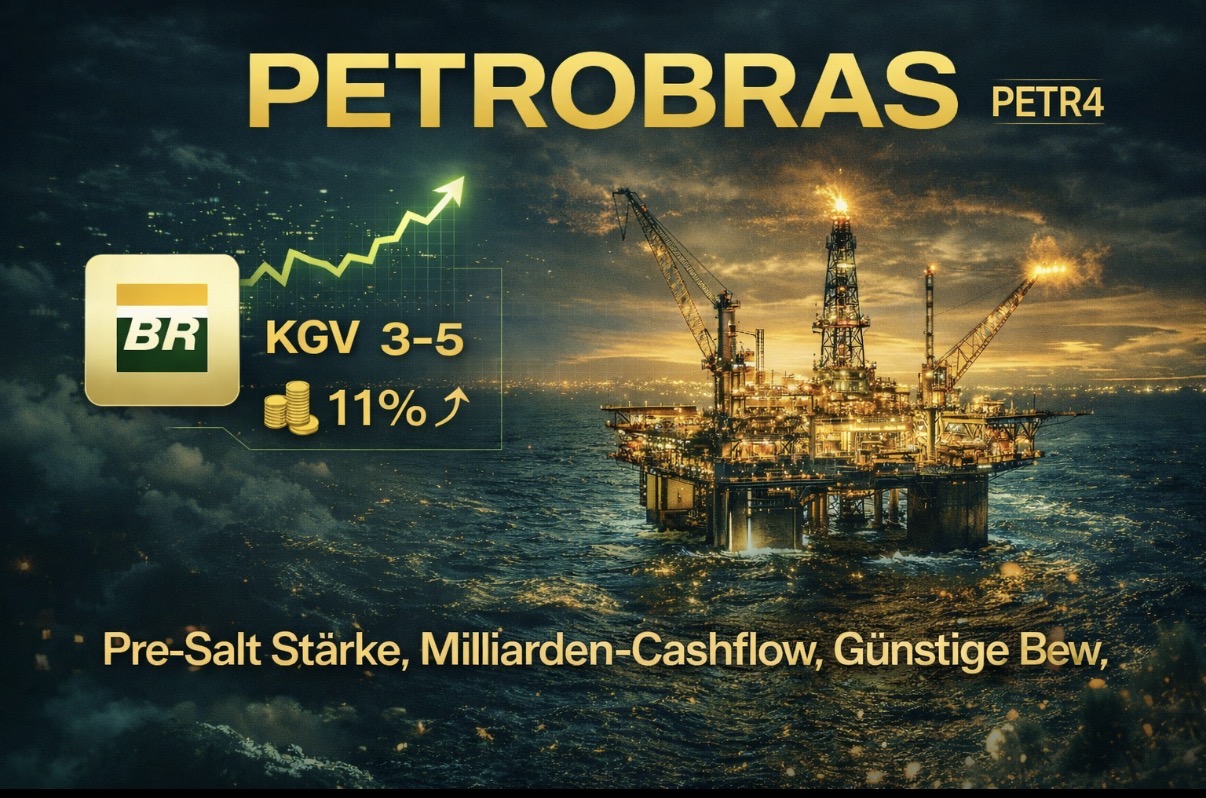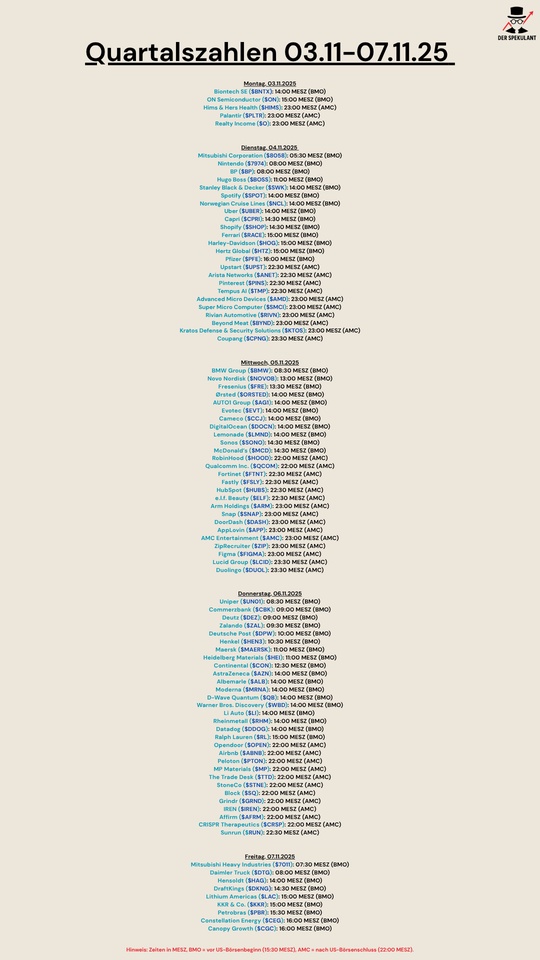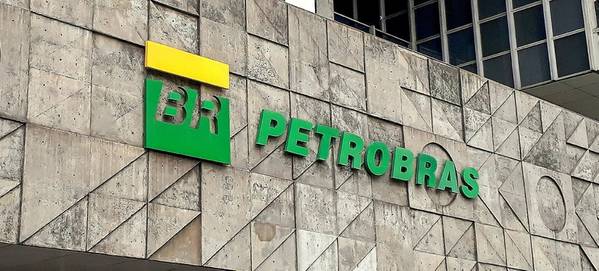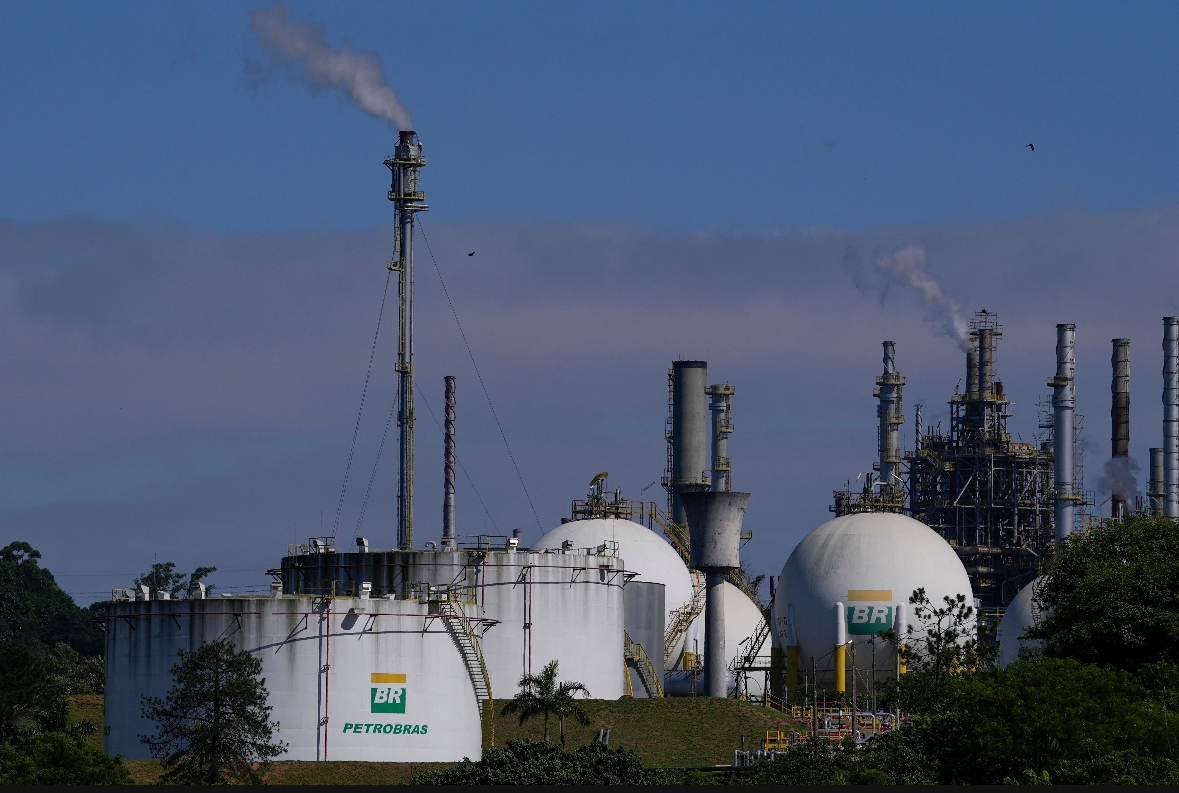Ticker: PETR4
Stock exchange: B3 (Brazil)
Sector: Oil & Gas (focus on offshore & pre-salt)
Current share price (last): approx. € 6.50
Petrobras is one of the largest integrated energy companies in the world and the dominant oil company in Brazil. Those who are only guided by headlines quickly overlook what is actually happening operationally.
Business model & strategic position
Petrobras covers large parts of the value chain:
- Exploration & production
- Refinery
- Transportation & Export
The focus is clearly on the Brazilian pre-salt fields - one of the most productive offshore areas in the world.
Advantages:
- High production volume per well
- Comparatively low production costs
- Technological leadership in the deepwater sector
The business remains profitable even at moderate oil prices.
Fundamental key figures (rounded, latest published annual figures)
- Sales: ~100-110 billion USD
- EBITDA: ~45-50 billion USD
- Net profit: ~20-25 billion USD
- Free cash flow: double-digit billions
- P/E ratio: often in the 3-5 range
- Debt: massively reduced since 2016
A company with this level of cash flow strength is currently trading at a valuation that is otherwise more likely to be seen in structural problem cases.
Dividends - the often underestimated factor
A central point is the dividend policy.
Petrobras has regularly paid high dividends in recent years - at times with double-digit yields.
Important here:
- The dividends are strongly linked to cash flow and the oil price.
- In strong years, considerable amounts were returned to shareholders.
- Even with a more moderate payout, the company remains a clear cash flow generator.
Of course, dividends are not guaranteed and are politically influenced. But historically, Petrobras has been highly attractive to income investors.
Political risk - a reality, but priced in
As a state-dominated company, political influence remains a factor:
- Investment priorities
- pricing policy
- Dividend strategy
However, it is precisely this risk that explains the extremely low valuation.
Anyone buying a P/E ratio of 3-5 is also buying the risk discount.
Scenarios up to 2030
It remains crucial:
- Oil price
- Production development
- capital allocation
- political framework conditions
Conservative scenario:
- Oil price ~70 USD
- Stable production
- Moderate dividends
- → Valuation level in the range of € 8-12 per share appears fundamentally justifiable.
More optimistic scenario:
- stable demand
- disciplined investments
- pragmatic policy
- → € 12-18 not unrealistic in the long term until 2030.
This is not a promise, but a range that can be derived from cash flow and valuation multiples.
Classification
Petrobras is:
- not a growth tech stock
- not an ESG favorite
- not a momentum trade
But it is:
- a highly profitable commodity producer
- with globally relevant reserves
- strong cash flows
- attractive dividend history
- and a very low valuation
Whether you invest depends on your own risk tolerance.
But to call a company with billions in cash flow, falling debt and globally competitive production costs "dead" across the board does not seem very number-based, to say the least.
Nevertheless, my personal opinion is that no investment advice should encourage anyone to buy or sell!
$PETR4 (+1.01%)
$PETR3 (+0.89%)
$PBR (-0.51%)
$E (-0.25%)
$SHEL (-0.15%)




















